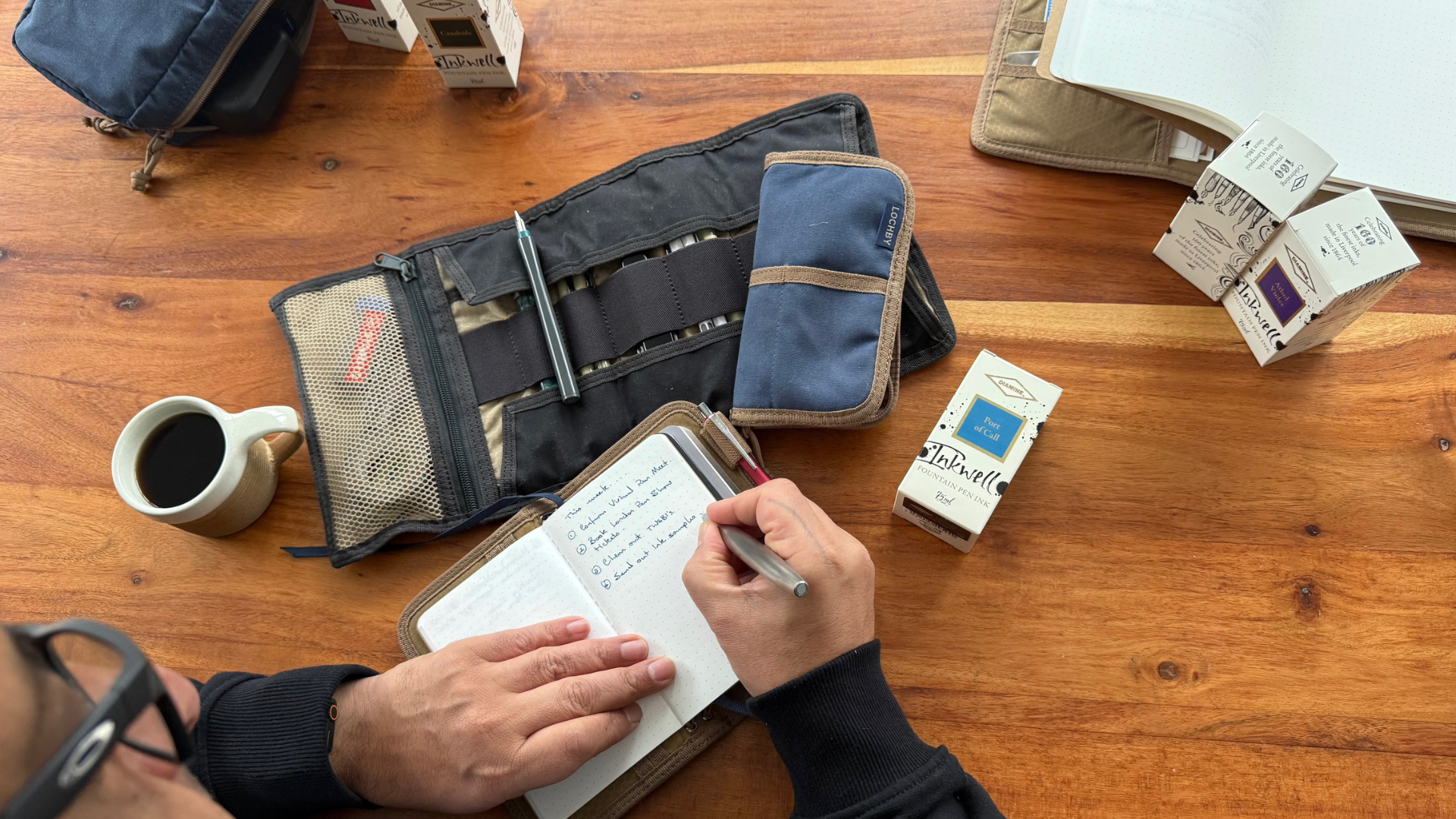No matter how big or small a goal is, at one point, most of us have experienced the struggle to reach them. This can happen for many reasons—whether it's because of something we need to change or do on our end, or the effect of external factors that we have no control over. If you're currently faced with challenges of this nature, goal visualization can help! It's a powerful technique you can utilize and use as a guide towards success.
What is goal visualization?
On its own, visualization is "a simple technique that you can use to create a strong mental image of a future event". Think of it as programming your subconscious mind towards an outcome that you desire; our subconscious mind is responsible for 95% of our thoughts, emotions, and behaviors. Through visualization, we're already setting the stage to our own success. We influence how we think, as well as give ourselves the confidence and motivation to work towards it. It helps that it has already happened in our heads: now all we need to do is enact the road towards the success we've envisioned.
Does this sound too good to be true? It's not! Top Olympic athletes are known to use the visualization technique when preparing themselves for competitions by way of mental rehearsals. If they can use it to win, then so can we—win against the roadblocks that keep us from accomplishing each one of our goals.
Types of Visualization Techniques
There are many other techniques within this technique, and the key is to find the one you're most comfortable with. Visualization is a skill so it takes some practice—be patient and kind to yourself as you try them out.
1. Try a vision board.
As journalers, this may be something you're already doing! If this is the case, then keep at it. A vision board is a physical, visual representation of the goal you have in mind and the great thing about this is it can take on any medium as long as you can see it with your eyes.
It can be cutouts of images to form a collage, a list of your favorite inspirational quotes, and even affirmations that you've found helpful enough to write down and read on the daily. The sky is the limit—as long as it helps you visualize the outcome you're after, then it will help.
Vision boards are, of course, best placed somewhere you can always see it. It doesn't really have to be an actual board either.
2. Observe positive self-talk.
Sometimes, we can be harsh on ourselves. We set too high standards and, when we don't meet them, we beat ourselves up. This can lead to a spiral of negative thinking—because we think we're a failure or can't do anything right—which does more harm than good. Increasing confidence and making our goals a reality requires us to talk to ourselves in a more positive, uplifting way.
We can do this in different ways and one of them is by using positive affirmations. Another method is to refrain from using negative labels to describe ourselves. For example: if we make mistakes, instead of telling yourself, I'm stupid, you can simply acknowledge that you committed an error and that you'll do better.
This is because with enough repetition, our brains can start believing what we think. If we're going to believe in something, why not something positive that can help us improve and become better?
3. Write it down!
Nothing beats visualizing your goals better than writing them down. Be as descriptive as you can and make sure to add relevant details. The clearer the mental imagery is, the better because then it's stronger in your mind. If you're not sure how to do it, check out this post here on how goal setting, through writing your goals down, can really change the game of life in your favor.
4. Make use of all your senses.
An effective visualization technique relies on the use of all of your senses. It's a technique in itself! Include as many details as you can when practicing. You can answer questions like what are the sounds that you're hearing around you? What does the process of what you're doing look like? How does it feel while you work towards the end?
Make it as vivid as possible until you can taste and touch your success. The clearer the mental imagery is, the better. This can help you stay motivated and give you the confidence needed to accomplish your goals outside the visualization.
Visualize Your Goals For A Better Life
Do visualization techniques really work? If we're going to look at the science behind it and how it has helped athletes and other successful people, the answer is yes. As in any other skill though, it's something that we need to learn and practice constantly so we can become good at it. You have nothing to lose and many benefits to gain.
Have you ever tried to practice visualization before? How did it work for you? What goals were you able to achieve by mentally rehearsing the path you need to take to achieve them? Share it with us in the comments!




Share:
From Journaling To EDC: A Beginner's Adventure
4 Ways To Embrace Change For Personal Growth